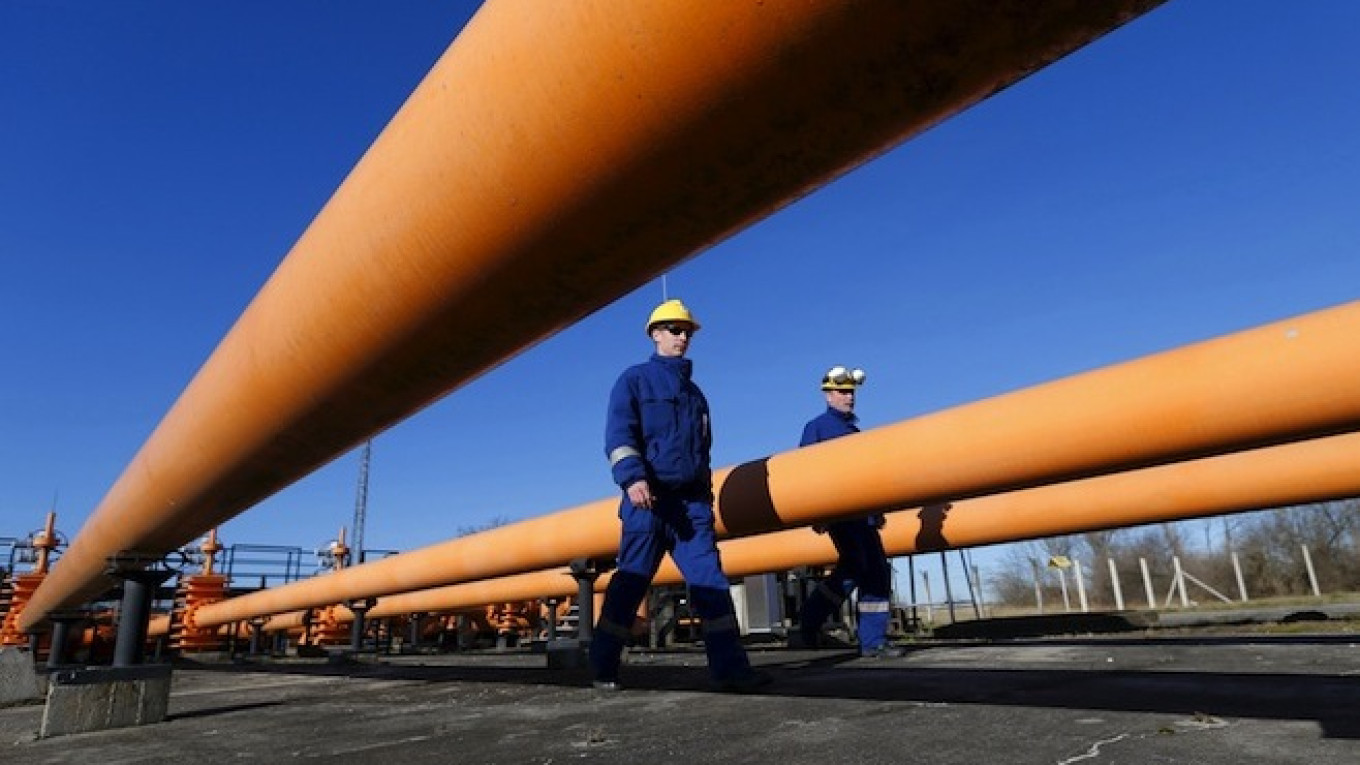Bulgaria is about to open a licensing round for oil and gas in the Black Sea as it seeks to turn itself into an energy hub and redraw the European pipeline map to curb the country's dependence on Russia, a senior official said Wednesday.
Bulgaria was among the countries locked into Russia's abandoned South Stream project that would have delivered gas directly to the European Union, bypassing Ukraine, traditionally a main transit route.
Under pressure from the European Union, Russia abandoned the plan last year and announced it would instead develop a new route, Turkish Stream, which does not include EU member Bulgaria.
This week, Gazprom warned the EU against attempts to thwart its gas strategy.
In an interview on the sidelines of a meeting of EU energy and environment ministers in Riga, Bulgaria's Deputy Energy Minister Zhecho Stankov aligned himself with the European Commission's plans to find alternative routes and energy suppliers to Russia.
Stankov said Bulgaria, which he said was 95 percent dependent on Russian gas, had never been officially notified of the collapse of South Stream and that the holding company in which Bulgaria has a 50 percent stake with Russia's Gazprom remained active.
But the priority for Bulgaria is diversification from Russia and on making Bulgaria an energy hub.
Over the coming days, he said, details would be formally published of a licensing round to open the Black Sea's Silistar and Teres oil and gas blocks, which cover about 7,000 square kilometers and 4,000 square km respectively.
"We want to change to south to north," he said, adding the status quo was from the Russian north to the south. "We want (pipelines) TAP, TANAP and a vertical corridor."
Stankov was referring to what the European Commission has named the Southern Corridor route, plus interconnection to carry gas towards Austria and on to northern Europe.
The Trans Adriatic Pipeline (TAP) project is being built to link to the Trans Anatolian Pipeline (TANAP), across Turkey, carrying non-Russian gas to the Turkish-Greek border and on to Italy.
Stankov said he expected help from the Commission, the EU's executive arm, to build more interconnections.
"Bulgaria has the opportunity to be something like a gas hub because of the strategic geographical position, because of the internal infrastructure of pipelines," Stankov said.
The Black Sea's gas resource potential remains largely unknown and it could take at least a decade for significant supplies to start flowing, analysts and experts say.
However, advances in technology and an improved business climate have helped fuel optimism in a region that has disappointed exploration firms in the past.
The Commission has also said it is making development of links across southeastern Europe a priority.


